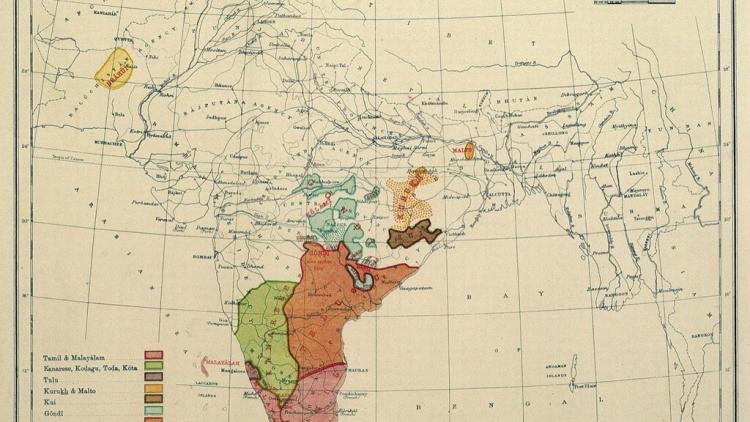
Re-telling War: South Africa’s non-white soldiers and the World War II experience

Key information
- Date
- Time
-
5:00 pm to 7:00 pm
- Venue
- Brunei Gallery
- Room
- B202
About this event
The SOAS History seminar returns with an exciting lineup of speakers for April/May 2024. Recognising the deep and uneven impact of the Covid pandemic on the academic community and research culture, our seminar this term will focus on engaging and supporting late-stage PhD students and Early Career Researchers.
Speaker
Rishika Yadav (LSE).
All our speakers are ECRs in History based in and around London and while the seminar is open to all we would like to extend a particularly warm invite to all doctoral students and ECRs at SOAS and other local institutions to join us for these in person sessions, and for drinks and refreshments after the talks.
Abstract
40,000 non-white soldiers served in South Africa’s segregated non-combatant units, the Cape Corps and the Indian and Malay Corps, during the Second World War. However, as is usually the case with histories of marginal communities, their experiences have not been as extensively recorded as the contribution of White soldiers in the war. This is not to say that there are no sources. Non-White voices have made their presence known in the archives. Still, the volume of such records is low, and the accompanying contextual information is lacking.
This paper investigates the available accounts to postulate on the peculiarities of non-White recollections – how do non-White soldiers perceive the war and their participation in it; what do they choose to record and remember (and the mediums they use to do so); what is the impact of racial prejudice and politics on this retelling; and finally, what can the missing moments, the soldiers’ silences, inform us about their lived experience of the war. Exploring a diversity of accounts, almost all of which were intended for a reader, this paper hypothesises on the manners of re-telling and evading of experiences of war; experiences which were traumatic at the very worst and atypical at the very least. Central to this approach is the investigation of the assertion of agency by the soldiers over their own narratives, memories and history – and how the centring of this agency within historical approaches can contribute to a rethinking of the WWII narratives specifically, and of colonial military histories more generally.
Contact
Please feel free to contact the convenor Eleanor Newbigin (en2@soas.ac.uk) for more information.
Open to all, no registration required.
Image: Cape Corps soldiers on a ship in North Africa’, The Cape Standard, 21 July 1945. UCT Special Collections Archive.

